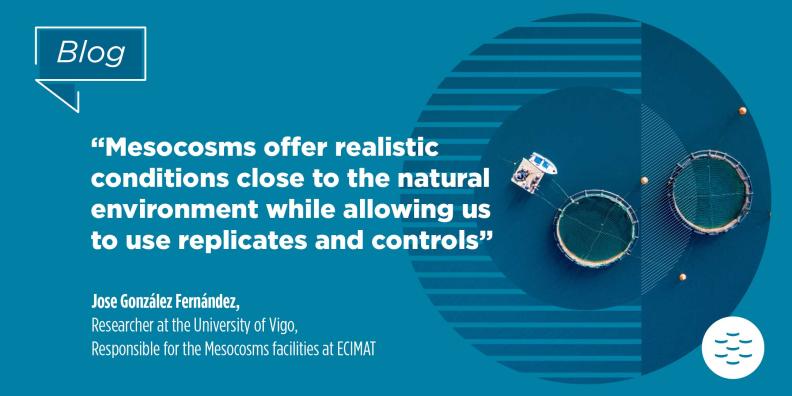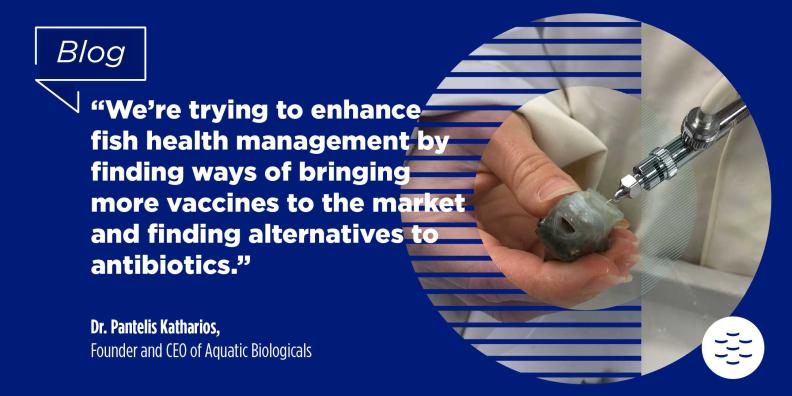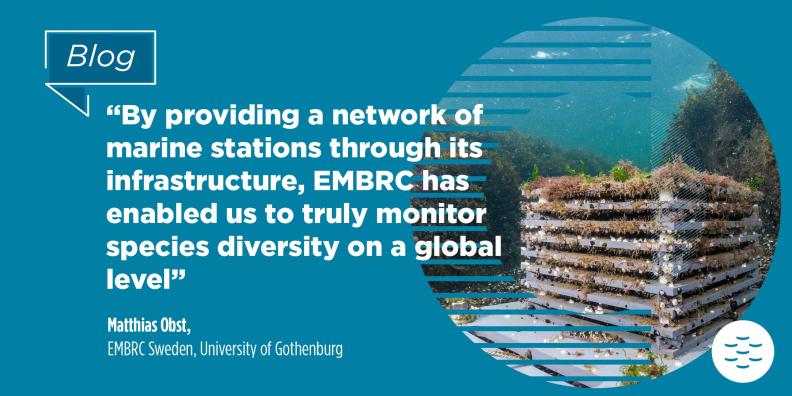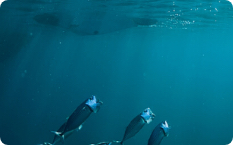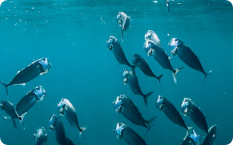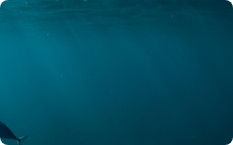The European Marine Biological Resource Centre (EMBRC) is pleased to welcome Finland to the pan-European research infrastructure as it becomes the 10th country to join its network of marine stations across Europe.
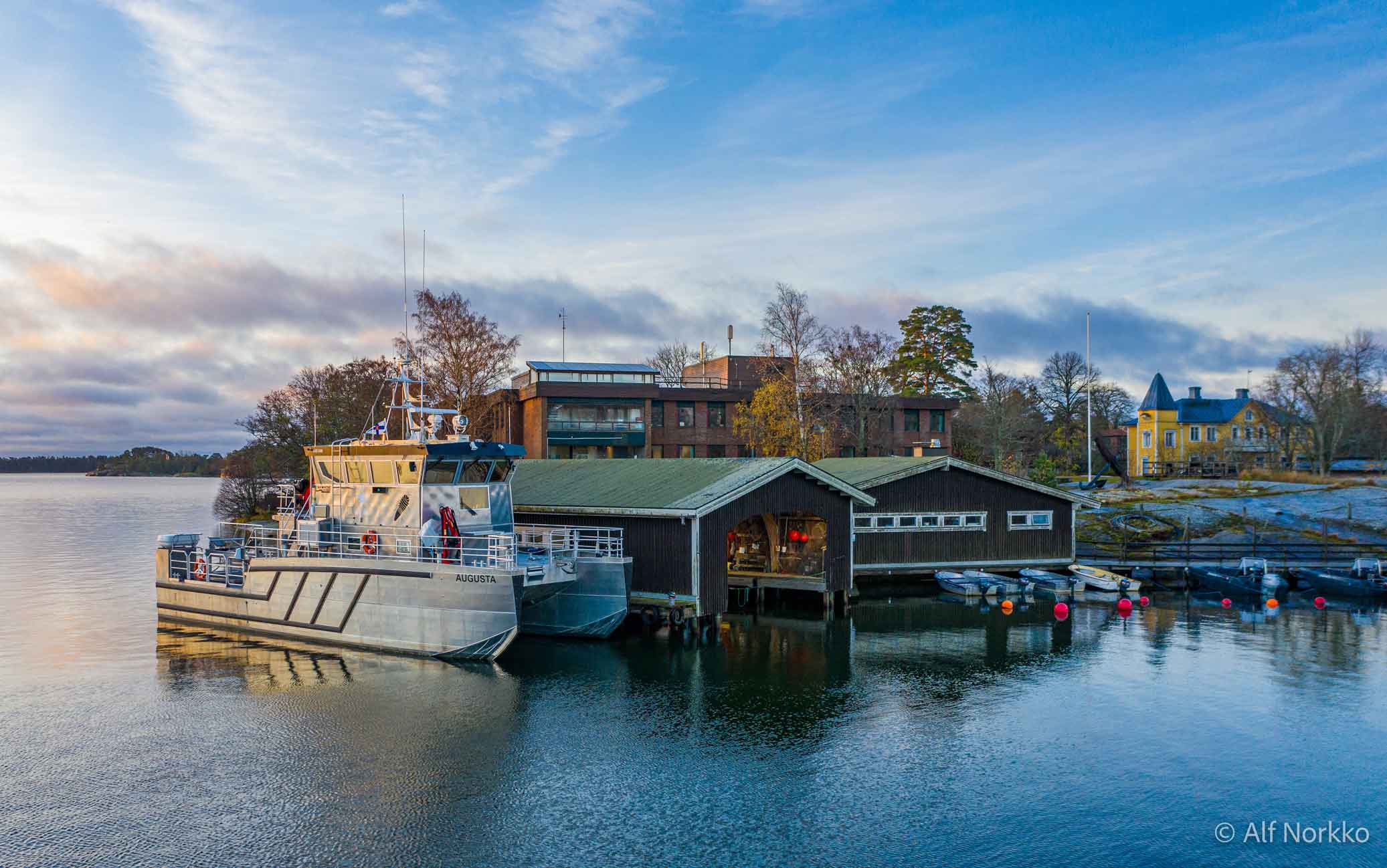
@Alf Norkko, EMBRC Finlande, Tvarminne Zoological Station
The composition of EMBRC Finland
EMBRC Finland’s activities are organised as part of the Finnish Marine Research Infrastructure network (FINMARI) and led by Tvärminne Zoological Station (University of Helsinki). Together, the Finnish partners – which also include the Archipelago Research Institute at Seili (University of Turku), Husö Biological Station and Archipelago Centre Korpoström (Åbo Akademi University) and the marine research laboratory of the Finnish Environment Institute – offer access to marine stations and institutes along the Finnish coastline.
The Finnish consortium can provide field sampling capabilities (vessels, boats and equipment, including those suitable for winter and icy conditions), experimental facilities, analytical services, and algal culture collections as well as long-term marine data time series. The Finnish Scientific Diving Academy, established in 2021, will also provide scientific SCUBA training for cold water and ice diving. 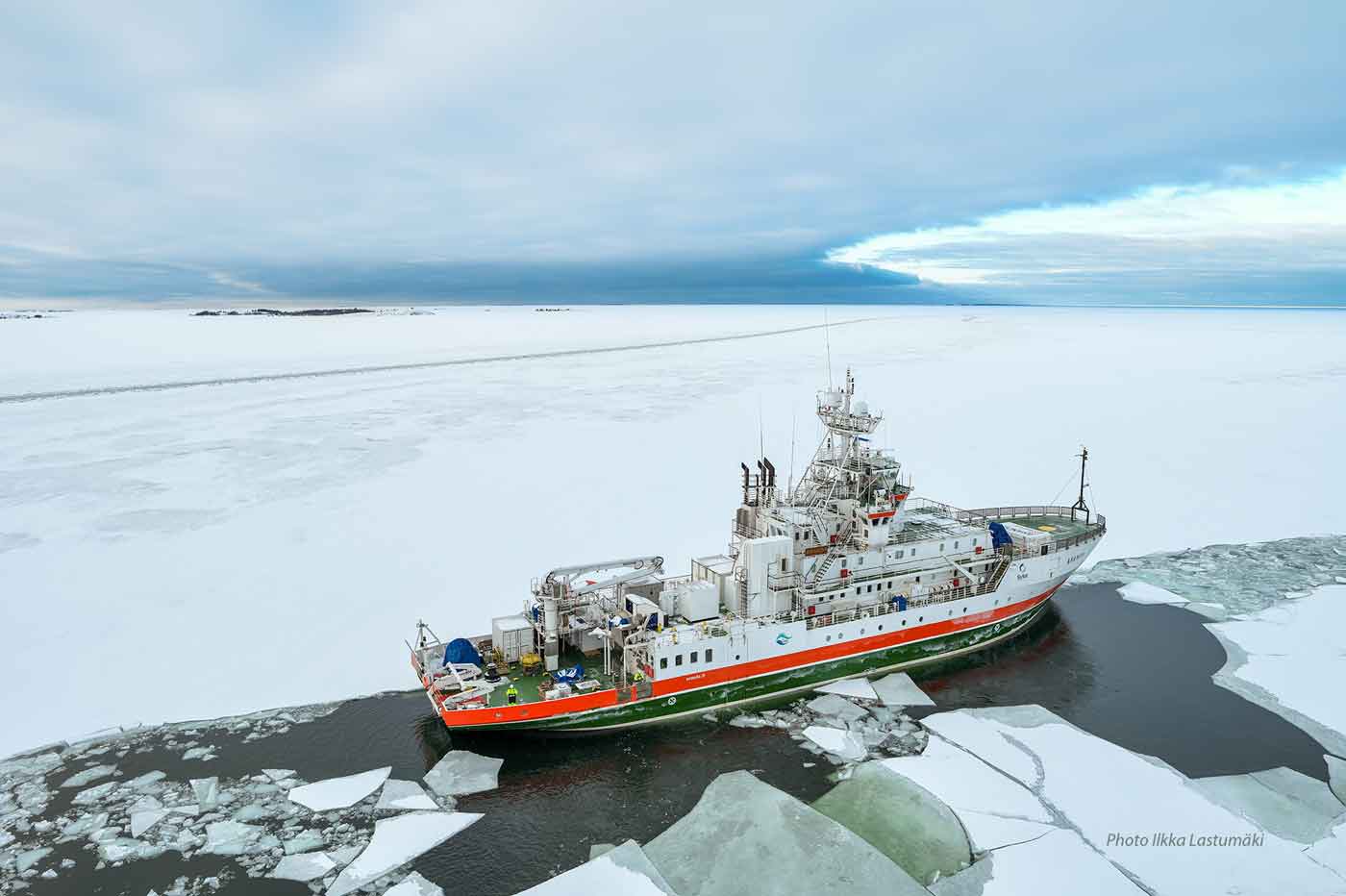 @Ilkka Lastumaki, EMBRC Filand, Aranda in ice
@Ilkka Lastumaki, EMBRC Filand, Aranda in ice
EMBRC Finland’s expertise
These organisations have a wide range of experience in marine science research and education.
- The Archipelago Research Institute at Seili has spent 60 years monitoring the marine environment to better understand the reasons for biodiversity loss or changes in fish stocks.
- Tvärminne Zoological Station hosts the CoastClim Centre which uses interdisciplinary approaches to close the important knowledge gap around coastal biodiversity’s role in carbon sequestration.
- Husö biological station is also involved in GAME (Global Approach by Modular Experiments): an international programme that combines applied research into climate change with training for young scientists.
- The Finnish Environment Institute conducts a wide range of marine research such as open seas monitoring and observation, using emerging technologies, experimental studies, and modelling.
The members of EMBRC Finland publish around 120 scientific articles each year.
Joining EMBRC
Finland has worked with EMBRC through projects including ASSEMBLE Plus and initiatives such as ARMS MBON (Autonomous Reef Monitoring Structures Marine Biodiversity Observation Network) so its membership builds on previous collaborations. Officially joining the EMBRC network gives Finland the opportunity to structure Finnish marine research nationally, as well as internationally, and collaborate with researchers across EMBRC to strengthen Europe’s research capabilities in marine biology and ecology.
“Joining EMBRC is an opportunity to develop our services for marine biology research in Finland and also to provide our services to the whole European community.”
Dr. Joanna Norkko, research coordinator and local station leader at Tvärminne Zoological Station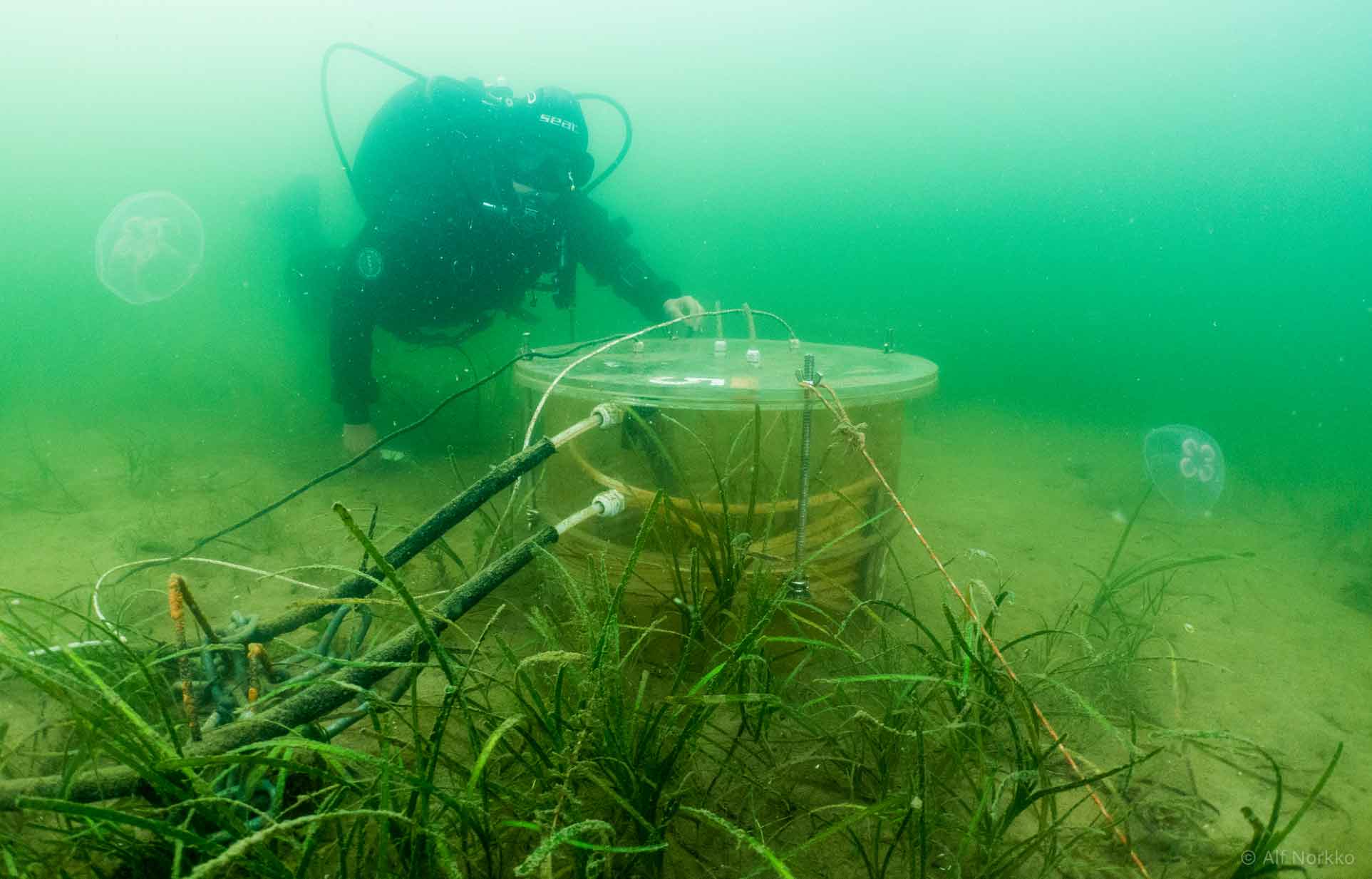 @Alf Norkko, EMBRC Finland, Dr. Joanna Norkko diving on Hotfloor
@Alf Norkko, EMBRC Finland, Dr. Joanna Norkko diving on Hotfloor
“Biodiversity is dwindling globally, including in the marine realm, and we need to join forces to conduct the best possible science to support sustainable management decisions,” said Dr. Joanna Norkko, research coordinator and local station leader at Tvärminne Zoological Station. “No one can do this alone. Joining EMBRC is an opportunity to develop our services for marine biology research in Finland and also to provide our services to the whole European community.”
A unique Baltic ecosystem
Researchers across Europe will also gain access to the country’s unique brackish-water ecosystem with steep environmental gradients (seasonality, salinity, temperature, anthropogenic impact). “Since the Baltic Sea is shallow and relatively enclosed, it is warming faster than the global ocean on average,” said Norkko. “Findings from the Baltic Sea can be used as a ‘time machine’ for changes that will happen later elsewhere.”
Studying these ecosystems is particularly important given the recent findings that the Finnish coastline is experiencing concerning levels of biodiversity loss as a result of eutrophication and climate change. Effective management, conservation and restoration actions are urgently needed, and boosting scientific knowledge is key to informing the best way to protect and restore these important habitats.
Welcome EMBRC Finland
“We believe in the impact of a collaborative scientific approach"
Nicolas Pade, EMBRC’s Executive Director
“We’re pleased to welcome Finland to the growing EMBRC research infrastructure,” said EMBRC’s Executive Director, Nicolas Pade. “We believe in the impact of a collaborative scientific approach and continuing to expand our country members makes us all stronger and will help boost the efficacy and impact of marine science across Europe and globally. We’re looking forward to working more closely with our new partners from EMBRC Finland.”












